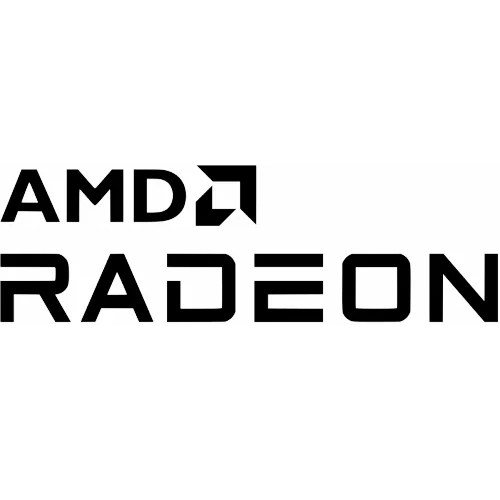AMD HD 7000 "RadeonSI" Runs Well With Fedora 19

While the Radeon HD 7000 series was launched at the start of 2012, open-source enablement has been slow since a new RadeonSI Gallium3D driver had to be developed rather than the HD 700 series support just being tacked onto the "R600g" Gallium3D driver that had already been extended to support the HD 4000/5000/6000 series graphics processors.
Beyond developing a new Gallium3D driver -- although based upon R600g in some form -- other hurdles for getting decent support for the latest-generation AMD Radeon GPUs has been that 2D acceleration is now piped over OpenGL using the GLAMOR library rather than being written into the X.Org driver. The RadeonSI Gallium3D driver is also dependent upon the Radeon LLVM back-end, which was only released as stable this month with the LLVM 3.3 release.
With having to bring up a new Gallium3D driver, bundle and ship the GLAMOR library where up to this point wasn't really widely used on the Linux desktop, and then being dependent upon the new Radeon LLVM back-end and waiting for the LLVM 3.3 release, finding "out of the box" support for Radeon HD 7000 series hardware with 3D support has been slow. On top of the many great features to Fedora 19, another nice feature to the upcoming release is that the "RadeonSI" stack is working out fine.
All of the pieces to the Radeon HD 7000 series open-source graphics stack are bundled and shipping by default in Fedora 19. I've tested out the Radeon HD 7000 series support on Fedora 19 and it's working quite smoothly with the GLAMOR library for 2D, the Linux 3.9 kernel, Mesa 9.2-devel with the RadeonSI Gallium3D driver, and LLVM 3.3.
Now with having a Linux platform where there's a decent "out of the box" experience for RadeonSI to conduct tests that can be easily reproduced in-house or by third-parties, long-awaited Radeon HD 7000 series open-source tests are finally coming.
The testing will initially happen from the AMD Radeon HD 7850 and AMD Radeon HD 7950 graphics cards that I previously purchased and have already benchmarked and reviewed under Linux with the AMD Catalyst driver. Unfortunately these are the only Southern Islands graphics cards in my possession, but I'm told that AMD may finally be sending out some new hardware for more diverse testing.
Expect updated HD 7000 RadeonSI from Fedora 19 in the next few days and more thorough tests to come in July. On a related note, I also ended up buying an AMD A10-6800K "Richland" APU for Linux benchmarking. AMD hadn't done any Linux sampling of the new Richland APU but beginning tomorrow there will be benchmarks coming on Phoronix, including comparisons to the 5800K APU and between the open and closed-source drivers.
As a PSA, if you appreciate this testing, please consider subscribing to Phoronix Premium for multi-page ad-free viewing. You can also make a PayPal tip if you so desire. This testing is quite time intensive, but beyond that all of this AMD Radeon hardware for these upcoming tests had to be purchased retail to deliver these public results (that also means the results will be strewn across multiple articles for increased viewing rather than being able to deliver a full analysis within a single article). Thanks.
9 Comments

